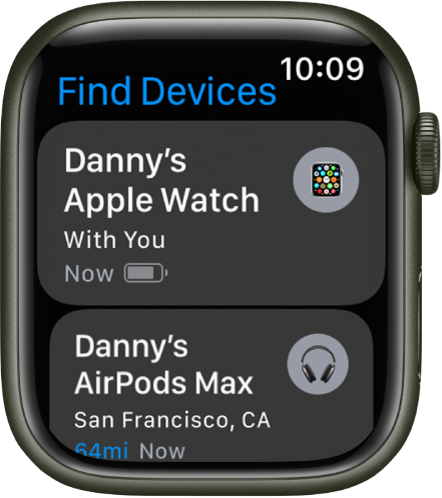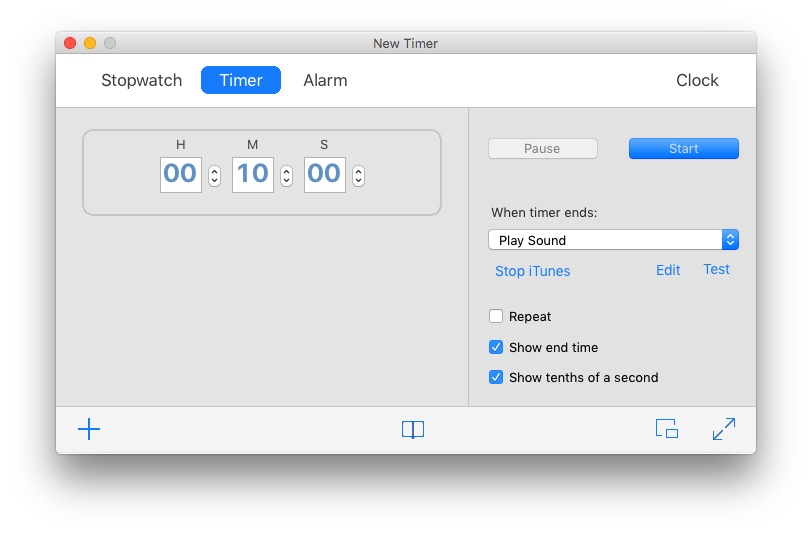

- WATCH BEAT TIMING APP HOW TO
- WATCH BEAT TIMING APP FREE
The advice on good sleep hygiene, distilled from scientific publications and sleep textbooks and verified by an internal team of scientists, wasn’t particularly earth-shattering (for example: avoid alcohol and screen time too soon before bed), but it was nice to have some direction.
WATCH BEAT TIMING APP FREE
(The free version doesn’t provide customized advice or a record of personal trends, and it shows you only the past seven days of sleep, so we think the premium version is worth shelling out for.) Both of us selected “perfect your sleep” as our goal in the premium version of the app, but it also offers six other options to choose from, including “sleep longer,” “wake up less,” and “sharpen my mind.” Our choice, in turn, placed us on an “improve your sleep hygiene path” and led us to a list of sleep-optimizing strategies, such as avoiding heavy or high-acidity meals.
WATCH BEAT TIMING APP HOW TO
The premium version of SleepScore, priced at $50 per year or $6 per month, was also the only phone app we tested that allowed us to set a goal and advised us on how to achieve it.
Useful extras: We also preferred apps that offered a smart alarm, which wakes you up during light sleep at an interval of your choosing so you feel less groggy alarm sounds beyond the usual jolting phone ring and, in some cases, lulling snooze sounds (like a Sleep Sheep for grown-ups). It’s always smart to be vigilant, just as you would with other health trackers: Don’t share your sleep info on social media without understanding the privacy policy of those third-party platforms, and if you want to cancel your app subscription, email customer service and ask the company to delete your information completely. And while you’re also able to opt out of any personal data sharing you’re uncomfortable with, in doing so you may lose out on some features of the app. Keep in mind, however, that keeping aggregate data completely private is particularly difficult, as explained in this FTC blog post. If they planned to use our data to inform their research and improve their products, we expected it to be aggregated and anonymous. Serious privacy and security policies: We looked for companies that could confirm that our data would be encrypted and not shared with third parties. As Winter explained, “If you simply want to get an idea whether, say, you get better sleep at your place or your boyfriend’s, then it doesn’t have to be that precise.” For this reason, although accuracy and precision were important considerations for us, they weren’t our top concern. Realistically, most apps don’t do that-and you don’t really need them to. Ideally, the app could provide a reading down to the minute. Accuracy and precision: We looked for apps that could give reasonably good readings for when we fell asleep, when we woke, how often we woke up during the night, and when we entered various sleep stages. “But when a sleep tracker says you’ve had too little deep sleep, most people aren’t sure what to do with that.” We looked for trackers that gave advice or put the data in context, reminding people to get to bed more consistently, for instance, or letting them know when they may be sleep deprived. “If a pedometer registers 1,400 steps at 2 p.m., you know exactly what you need to do-go out for a walk,” Winter said. Actionable advice: Without offering solid direction as to how you can get better sleep, these apps are just platforms for spitting out graphs. Clearly labeled x- and y-axes and reports in everyday English are a huge help at 5:30 in the morning. 
Ease of interpretation: Multicolored graphs look impressive, but they’re useless if they require a doctorate in statistical analysis to understand.We also preferred apps that allowed us to set our phone on a nightstand as opposed to on the bed.

Ease of use: We wanted to be able to easily figure out exactly where to tap to set the alarm (as opposed to swiping from screen to screen, frantically trying to set things up), how to tell whether the app was tracking already, how to shut off the alarm, and so on.







 0 kommentar(er)
0 kommentar(er)
